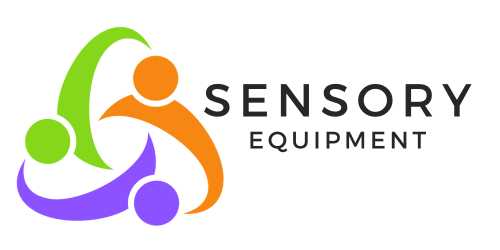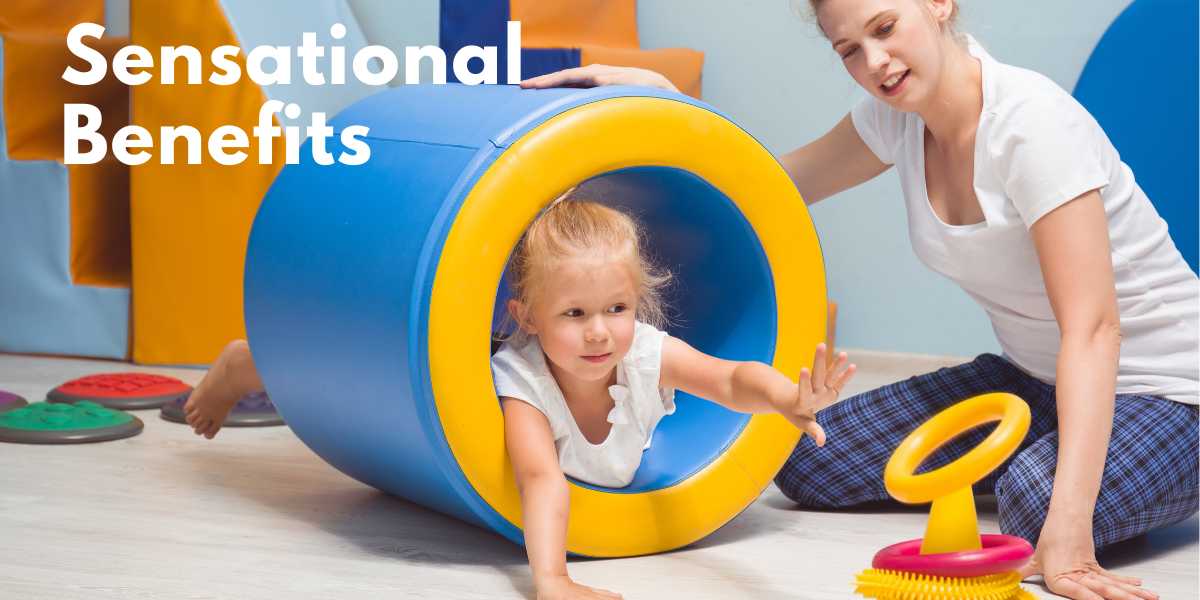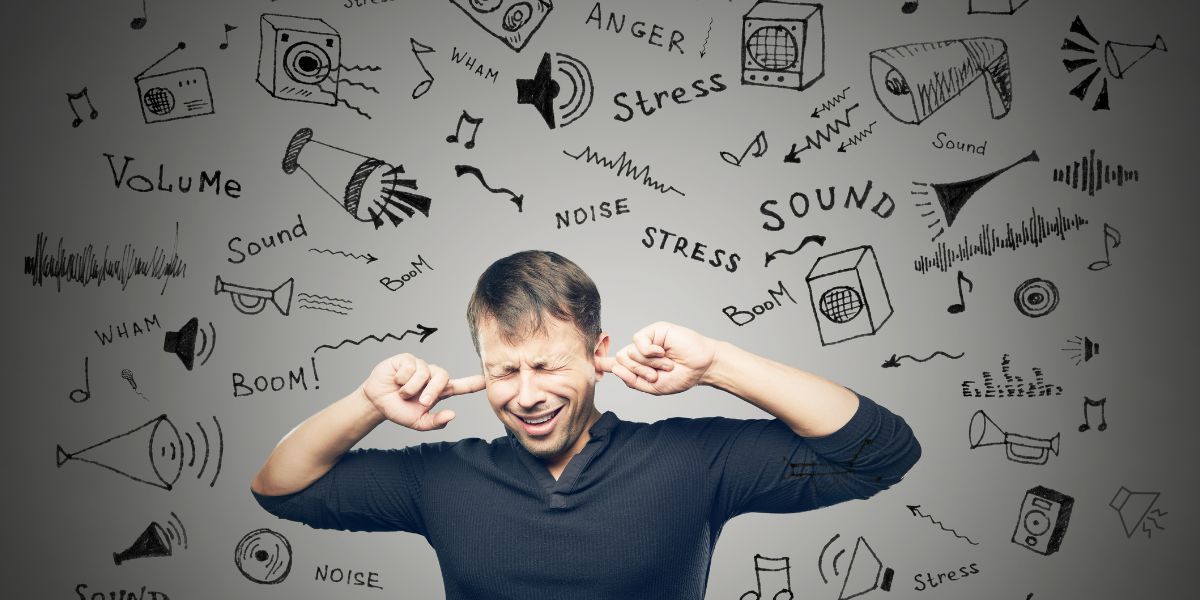Unlocking Potential: The Remarkable Benefits of Sensory Equipment
In our fast-paced world, sensory overload is an all too common experience. With the constant bombardment of information, lights, and noise, it’s easy to become overwhelmed. But what if there was a way to harness the power of sensory experiences for therapeutic and developmental purposes? That’s where sensory equipment comes into play. In this blog, we’ll explore the fascinating world of sensory equipment and how it can provide a wide range of benefits for individuals of all ages and abilities.
Sensory Equipment: A Brief Overview
Sensory equipment encompasses a diverse range of tools and devices designed to stimulate and engage the senses. These may include items like sensory swings, tactile panels, bubble tubes, aromatherapy diffusers, and more. The primary goal of sensory equipment is to create environments that promote sensory exploration and integration.
1. Promotes Sensory Integration
Sensory integration is the brain’s ability to process and organise sensory information from the environment. For individuals with sensory processing disorders or autism spectrum disorders, this can be a significant challenge. Sensory equipment can help by providing controlled sensory input, allowing individuals to gradually adapt and integrate sensory information. This, in turn, can lead to improved self-regulation and reduced sensory sensitivities.
2. Enhances Cognitive Development
Sensory experiences are a fundamental aspect of early childhood development. Babies and toddlers learn about the world around them through touch, taste, smell, sight, and sound. Sensory equipment can provide safe and enriching environments for children to explore their senses, leading to enhanced cognitive development. It can improve their ability to problem-solve, develop fine and gross motor skills, and build a foundation for future learning.
3. Supports Emotional Regulation
Emotional regulation is a crucial life skill, and sensory equipment can be a valuable tool in achieving it. For individuals with anxiety, stress, or sensory-related emotional challenges, sensory equipment offers a soothing and calming experience. Activities such as swinging, rocking, or using weighted blankets can help reduce anxiety and promote relaxation. It’s a therapeutic way to manage emotions and promote a sense of well-being.
4. Facilitates Communication and Socialisation
Sensory equipment can be a bridge to improved communication and socialisation, particularly for individuals with developmental disabilities or those on the autism spectrum. Sensory-rich environments can encourage non-verbal communication, such as gestures, facial expressions, and body language. Additionally, group activities involving sensory equipment can create opportunities for social interaction and cooperative play, fostering friendships and improving social skills.
5. Encourages Sensory Exploration
Sensory exploration is not limited to children; it benefits individuals of all ages. Sensory equipment allows people to engage in novel and enjoyable experiences, promoting curiosity and a sense of wonder. Whether it’s feeling the textures of different fabrics, observing the mesmerising patterns of a bubble tube, or listening to soothing sounds from a nature-themed sensory room, sensory equipment encourages a deeper connection with the world around us.
6. Provides Therapeutic Benefits
Sensory equipment is widely used in therapeutic settings. Occupational therapists, physical therapists, and speech therapists often incorporate sensory equipment into their treatment plans. It can be instrumental in addressing sensory processing issues, improving mobility, and enhancing communication skills. The versatility of sensory equipment allows it to be tailored to the specific needs of each individual.
Conclusion
Sensory equipment has emerged as a powerful tool for promoting physical, emotional, and cognitive well-being. Its benefits extend across the lifespan, from infancy to old age, and it serves a diverse range of individuals, including those with sensory processing disorders, developmental disabilities, or simply anyone seeking a richer sensory experience. By fostering sensory exploration, supporting emotional regulation, and facilitating communication and socialisation, sensory equipment opens doors to a world of positive possibilities, helping individuals unlock their full potential. So, whether you’re a parent, caregiver, educator, or therapist, consider the remarkable benefits of sensory equipment in your quest to enhance the lives of those you care for.




